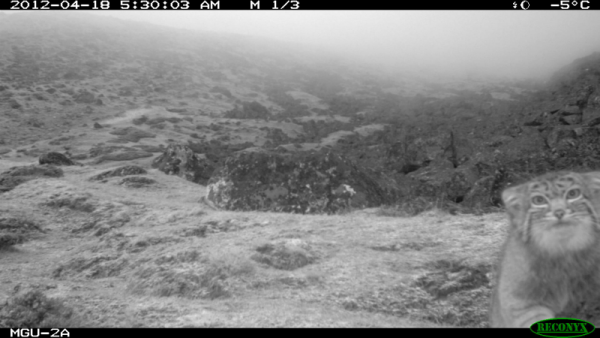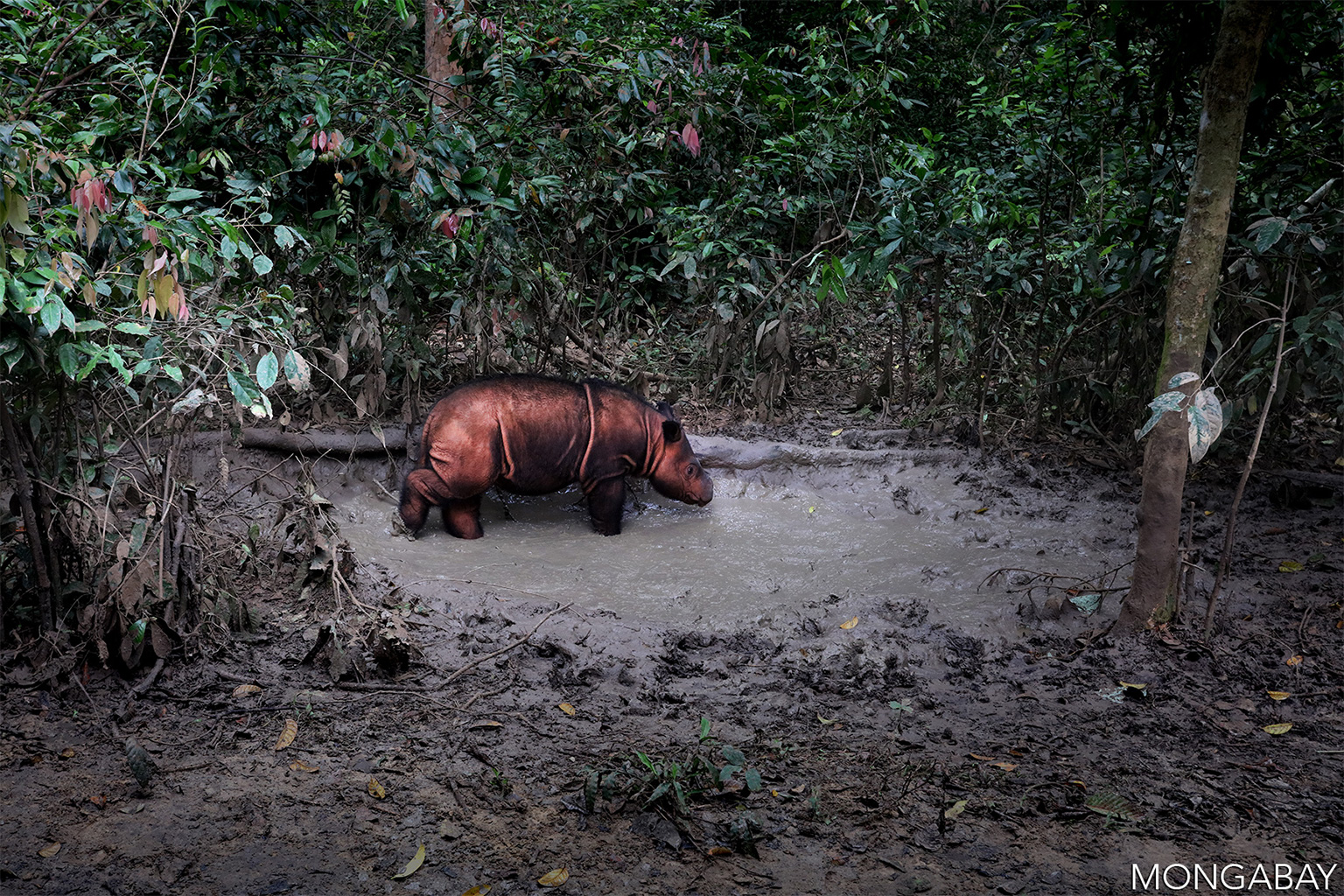AH Biology - Unit 2 - KA1(b) - Sampling
1/6
There's no tags or description
Looks like no tags are added yet.
Name | Mastery | Learn | Test | Matching | Spaced |
|---|
No study sessions yet.
7 Terms
What is it important to consider when sampling?
Things that are important to consider while sampling are:
Is the sample representative of the whole population? Does it have the same mean, variation, and range as the whole population.
Have you minimised your impact on wild species and habitats? You must leave it as untouched and natural as possible.
Have you checked if there are rare or vulnerable species and habitats which are protected by legislation? If so, do you need a license or permit to work there.
Have you picked the most suitable sampling technique for your study?
What are some of the different common sampling techniques?
Some of the different common sampling techniques are:
Point count
Remote detection
Quadrats and transects
Scat sampling
Capture techniques
What is point count sampling and what is it used to sample?
Point count sampling is a type of sampling where an observer stands in a fixed location and records all individuals seen or heard over a fixed period of time. This is repeated at different times and the data is compared. Point count sampling is used to sample birds.
What is remote detection sampling and what is it used to sample?
Remote detection sampling is a type of sampling where camera traps are set up to record animals. These camera traps are triggered when an animal walks past. The footage can be watched back to count individuals. Remote detection sampling is used to sample elusive species such as pallas’s cats (Otocolobus manul).

What is sampling using quadrats and transects and what is it used to sample?
Sampling using quadrats and transects is a type of sampling where a long tape measure is placed in a line. Every so many meters, a quadrat is placed and organisms are recorded, along with abiotic factors. These are often set up along terrain with changing abiotic factors, such as a beach. Quadrats and transects are used to sample plants and sessile organisms.
What is scat sampling and what is it used to sample?
Scat sampling is a type of sampling where animal droppings are collected and analysed. This provides information on species abundance and diet. Scat sampling is used to sample elusive species, such as Sumatran rhinos (Dicerorhinus sumatrensis).

What is sampling using capture techniques and what is it used to sample?
Sampling using capture techniques is a type of sampling where traps and nets are used to catch individuals, which can then be recorded. Sampling using capture techniques is used to sample mobile species such as birds.